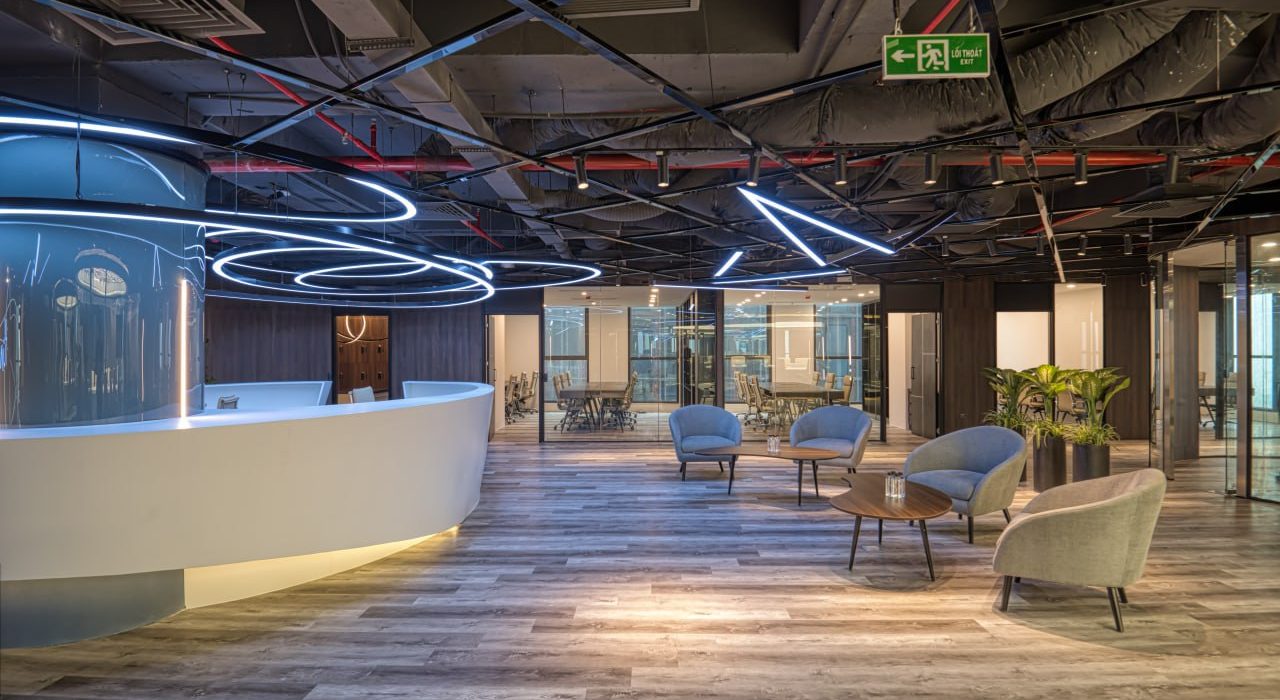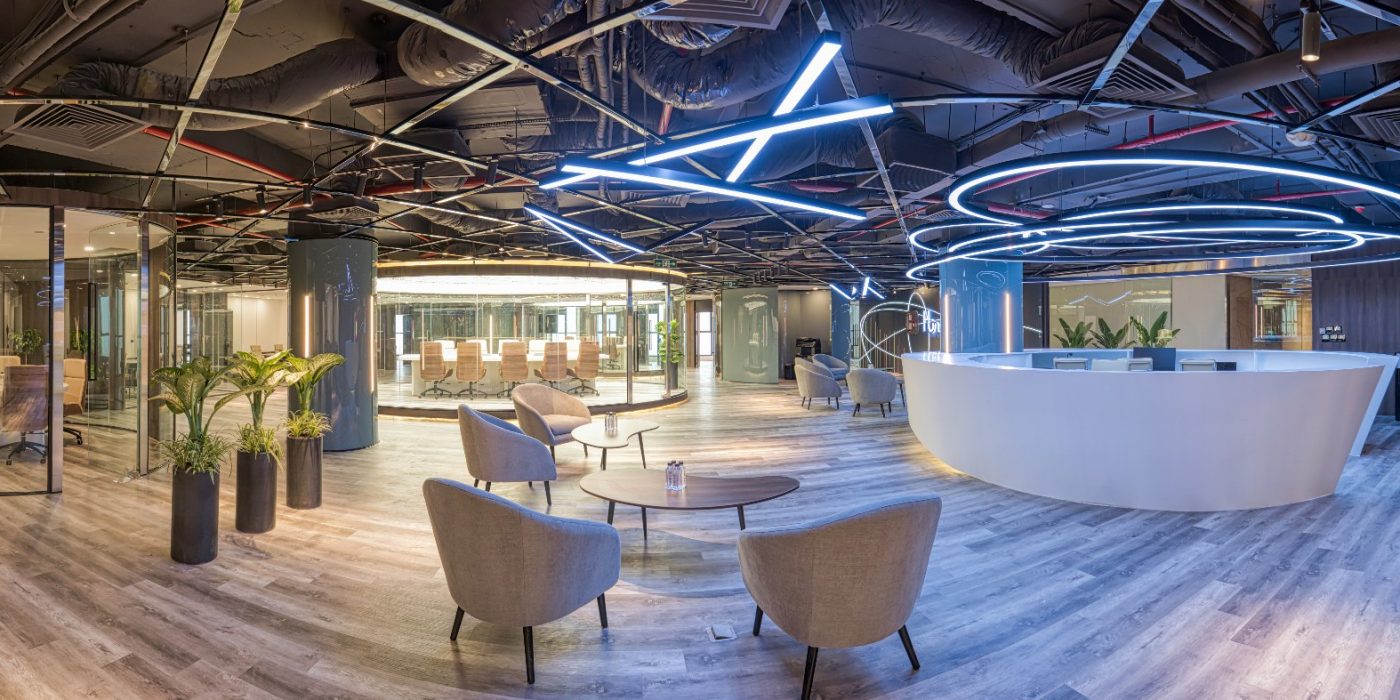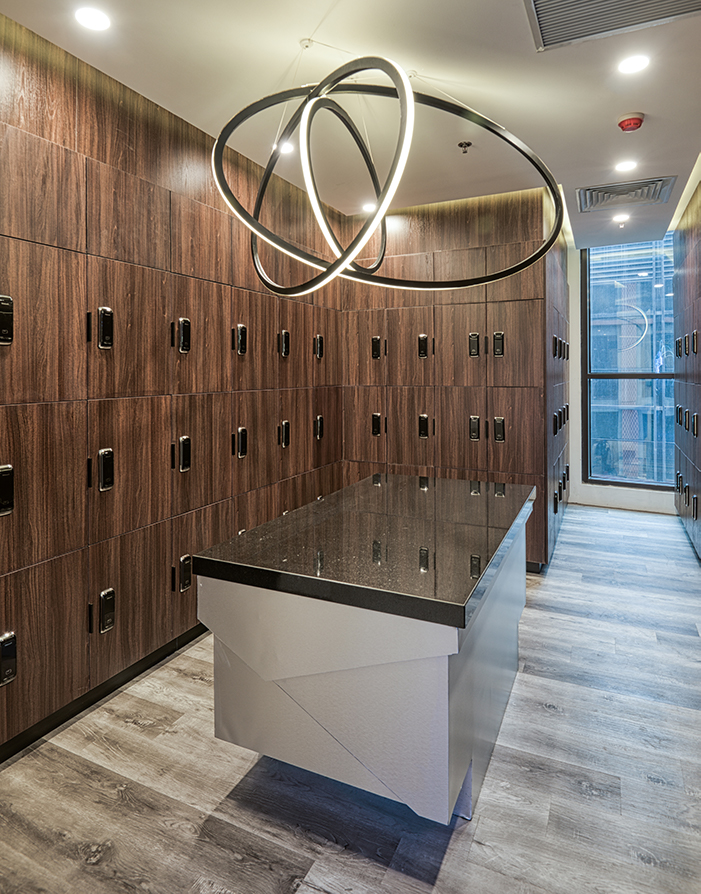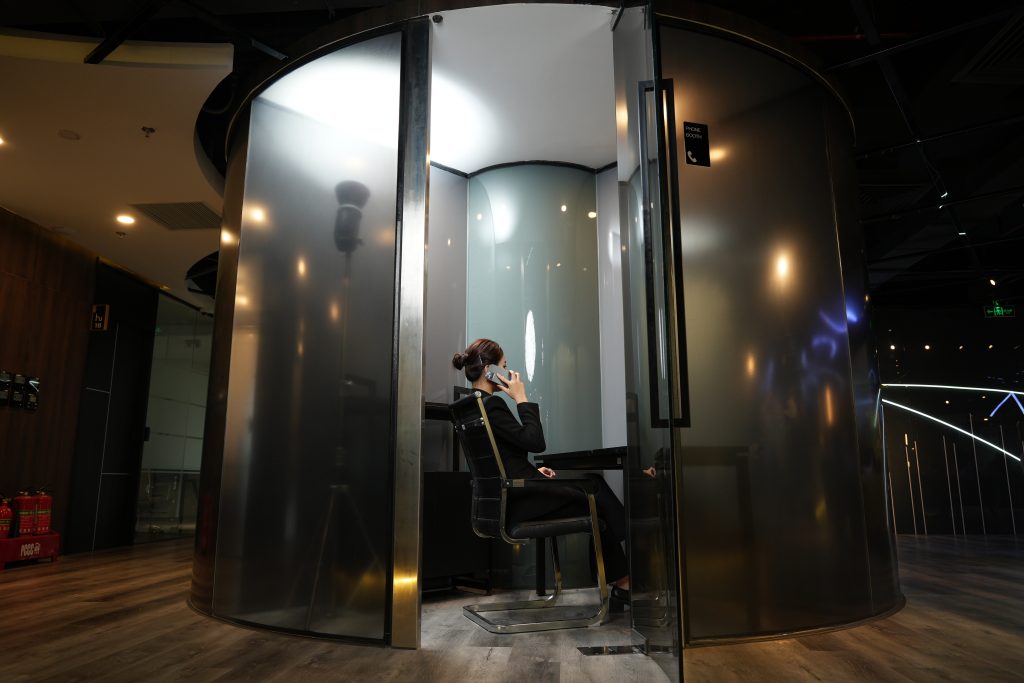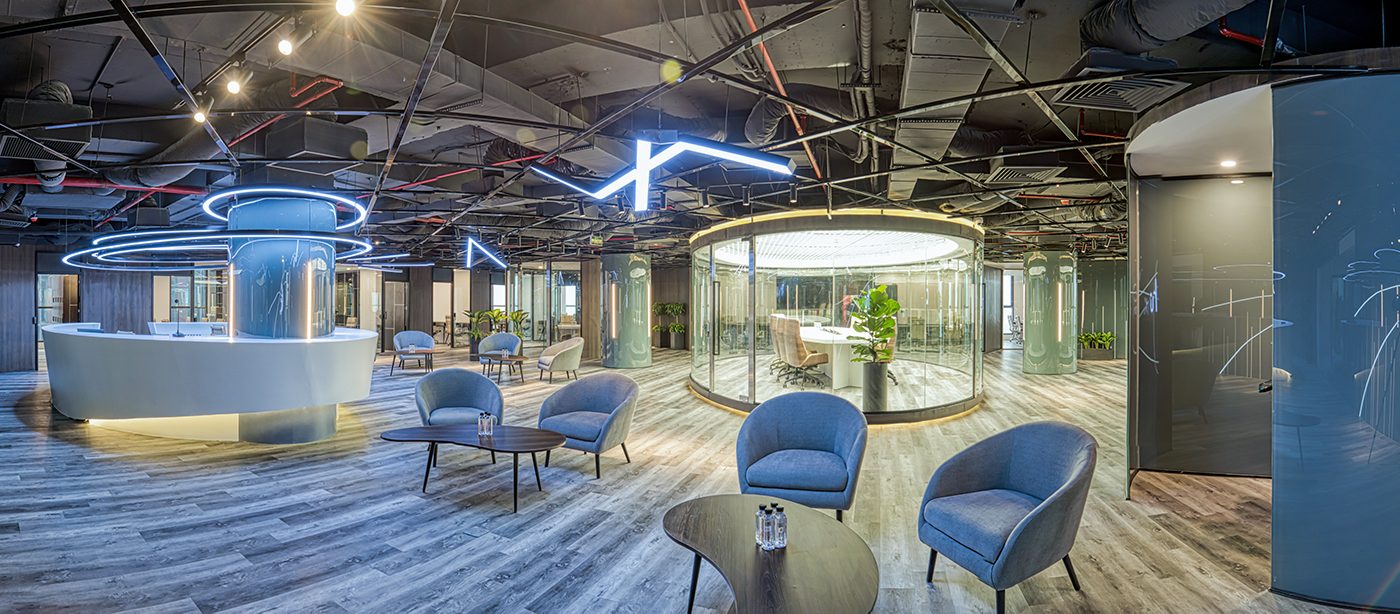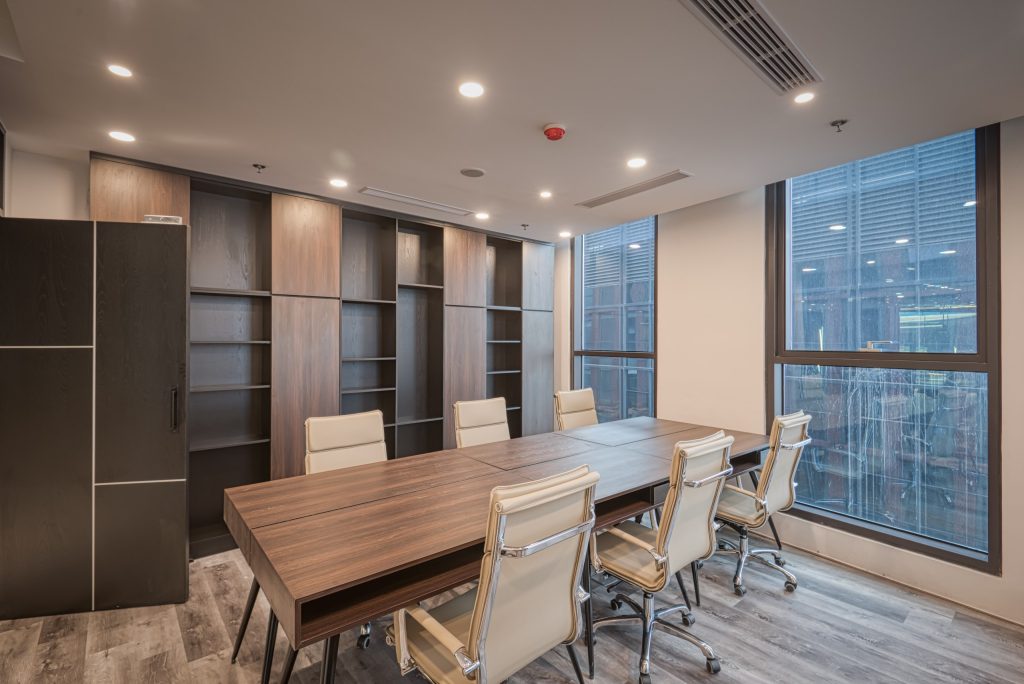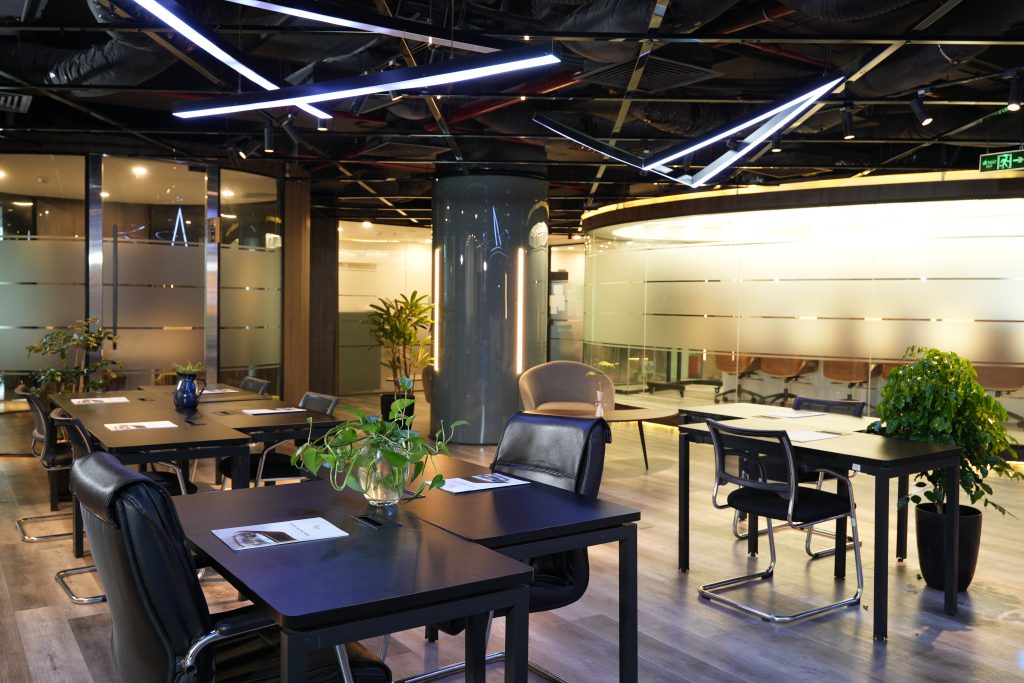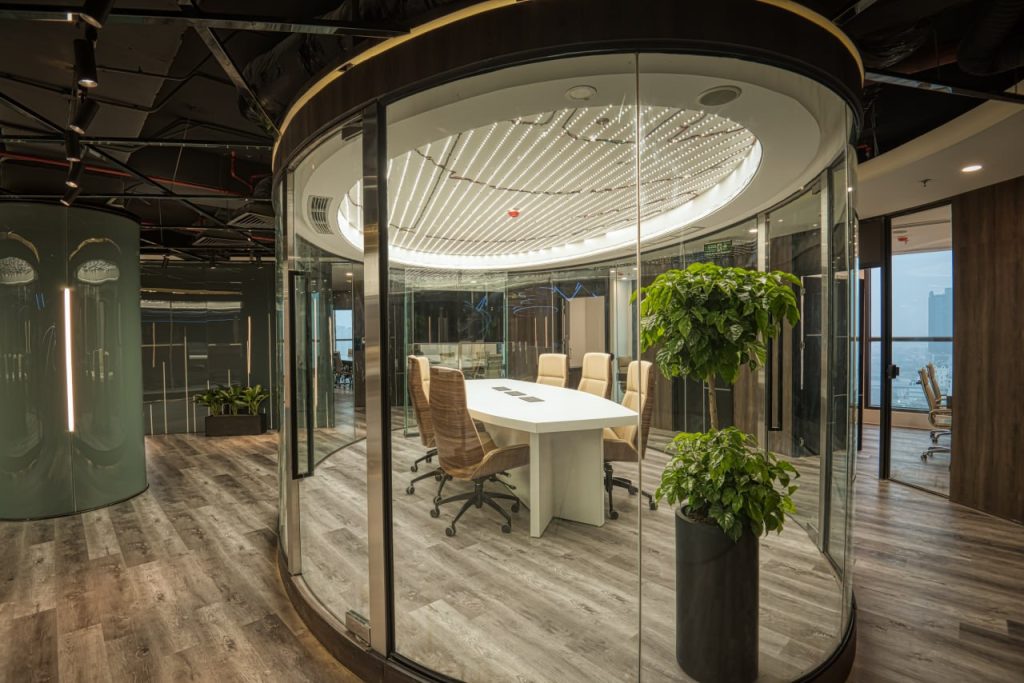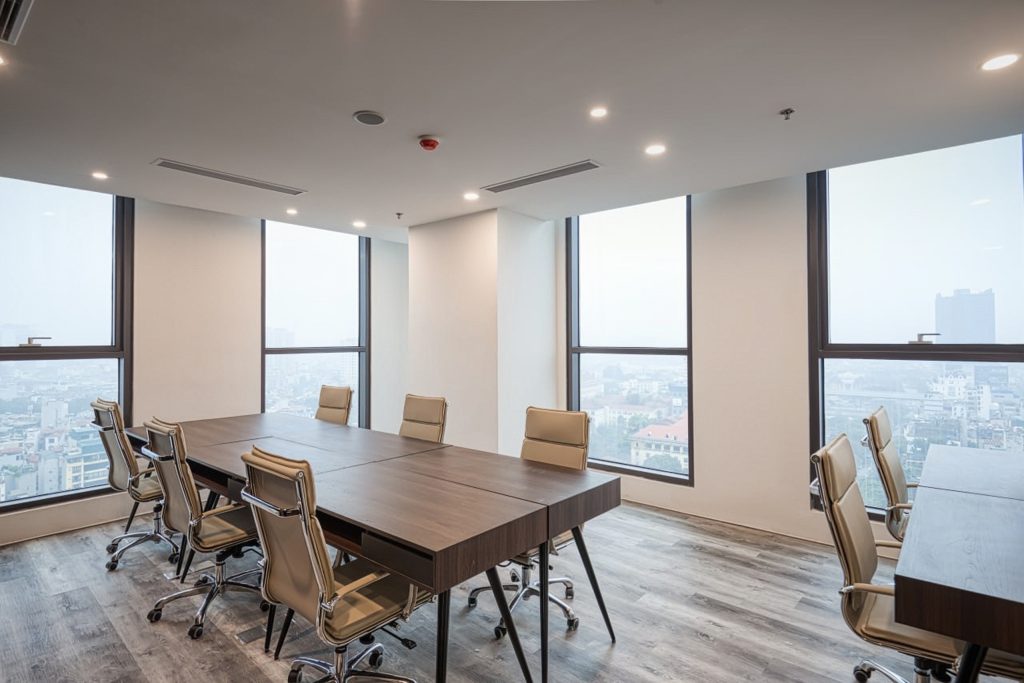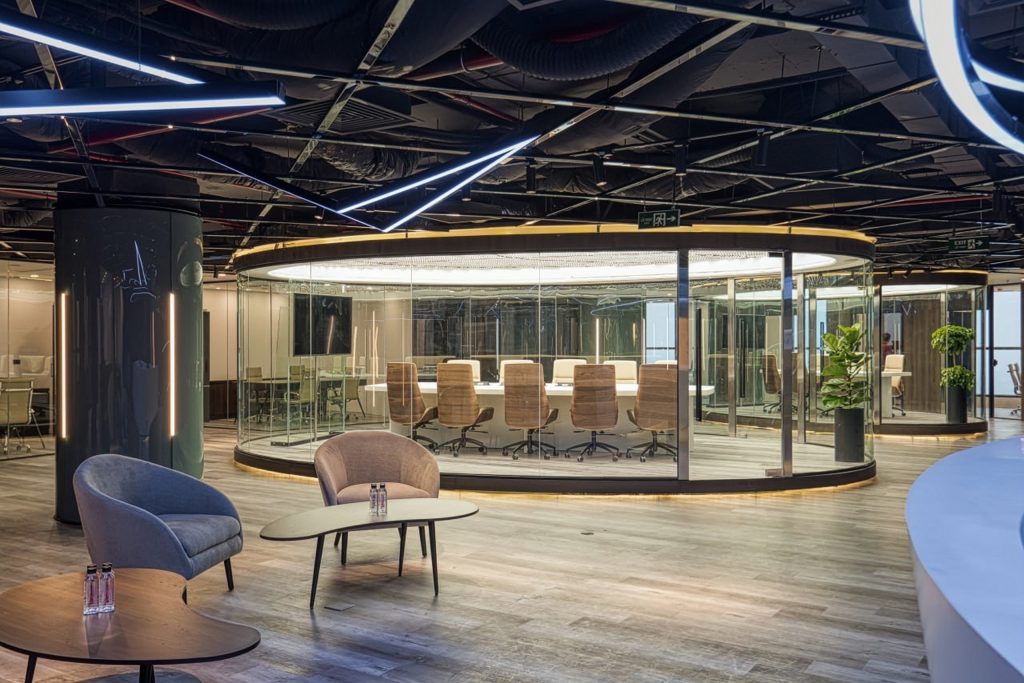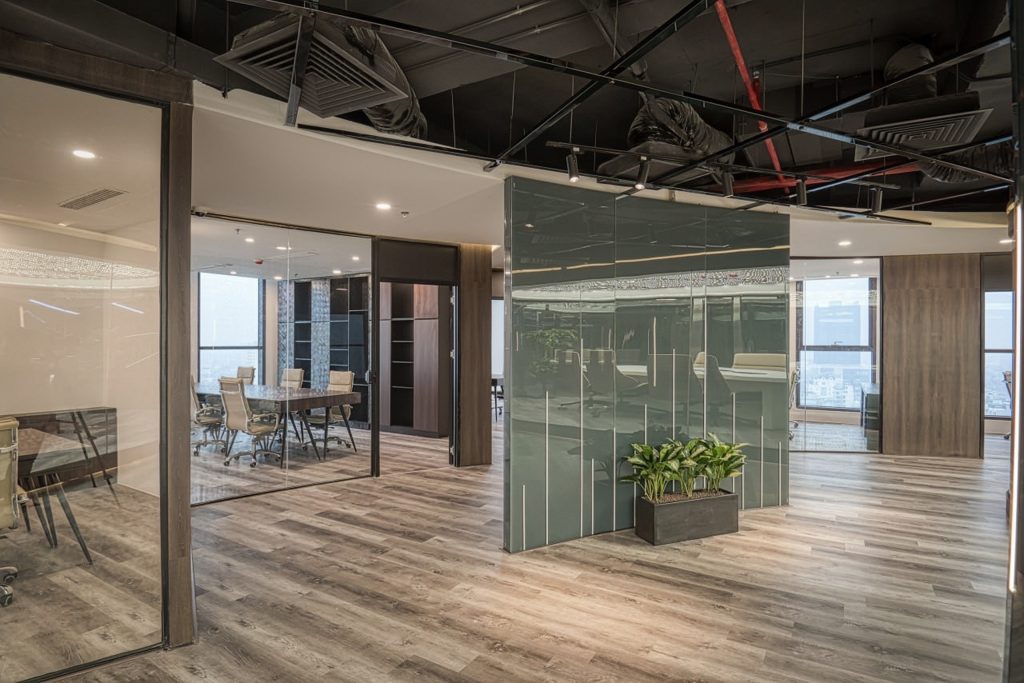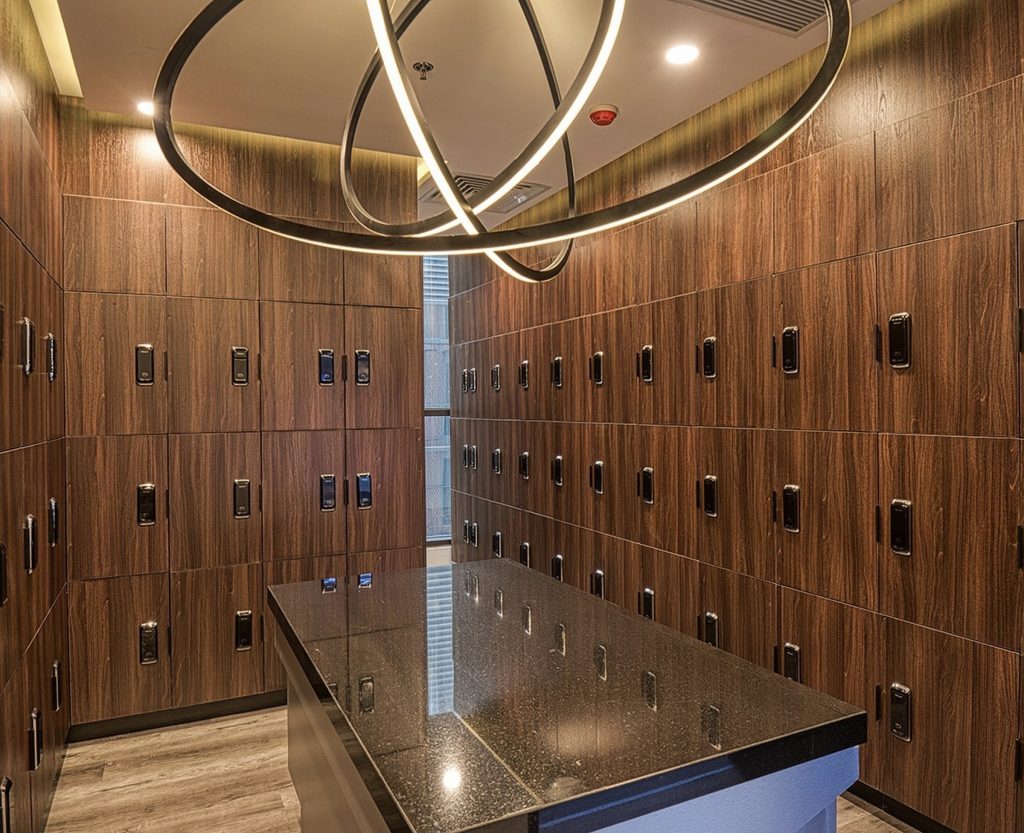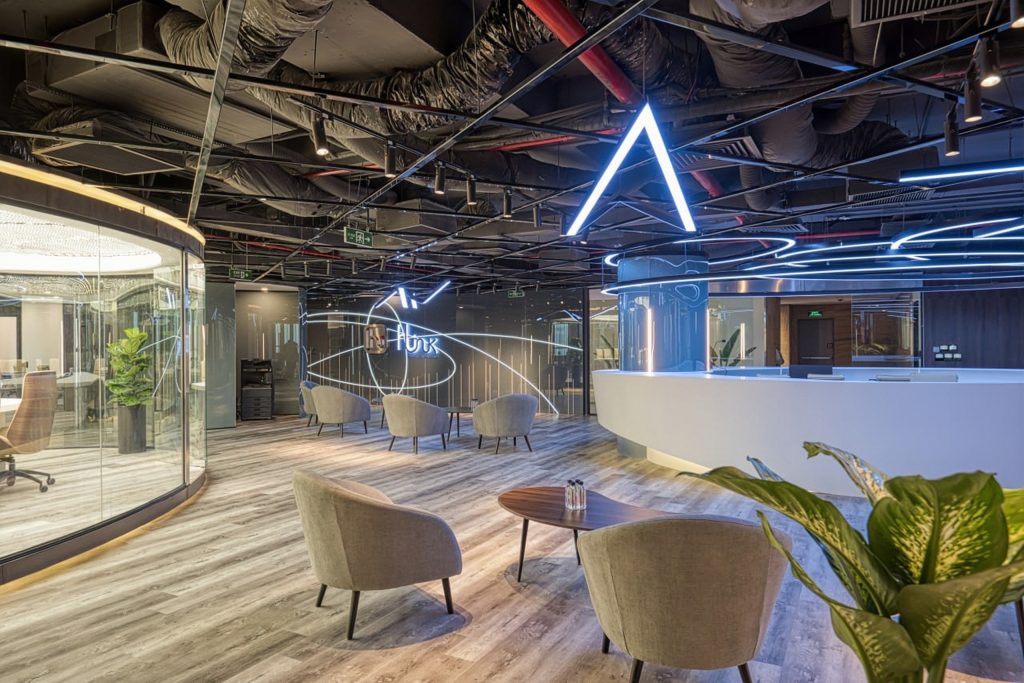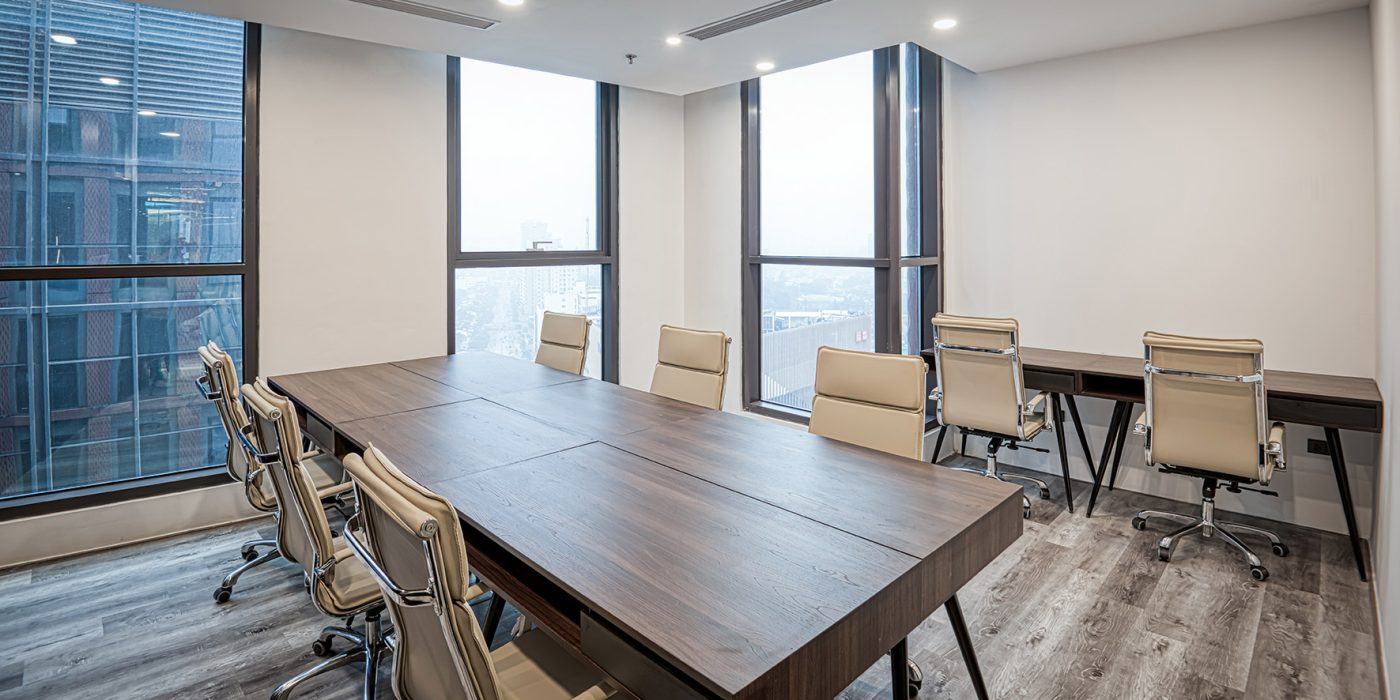As flexible work arrangements gain popularity, the choice between coworking spaces and private offices is increasingly important. Each has its own benefits and costs, affecting your budget and work efficiency. Let’s analyze the key factors to help you choose the right solution for your office needs.
Rental and Fixed Costs
Coworking Space: Coworking spaces provide various pricing options—daily, monthly, and annual rentals. Costs usually include amenities like internet, utilities, and access to shared spaces. This flexibility is the right solution for those needing frequent workspace changes.
Private Office: In contrast, renting a private office typically involves higher fixed costs, including lease payments and utilities. Moreover, it often requires a longer-term lease, which leads to a more permanent commitment and less flexibility for changes or expansions.
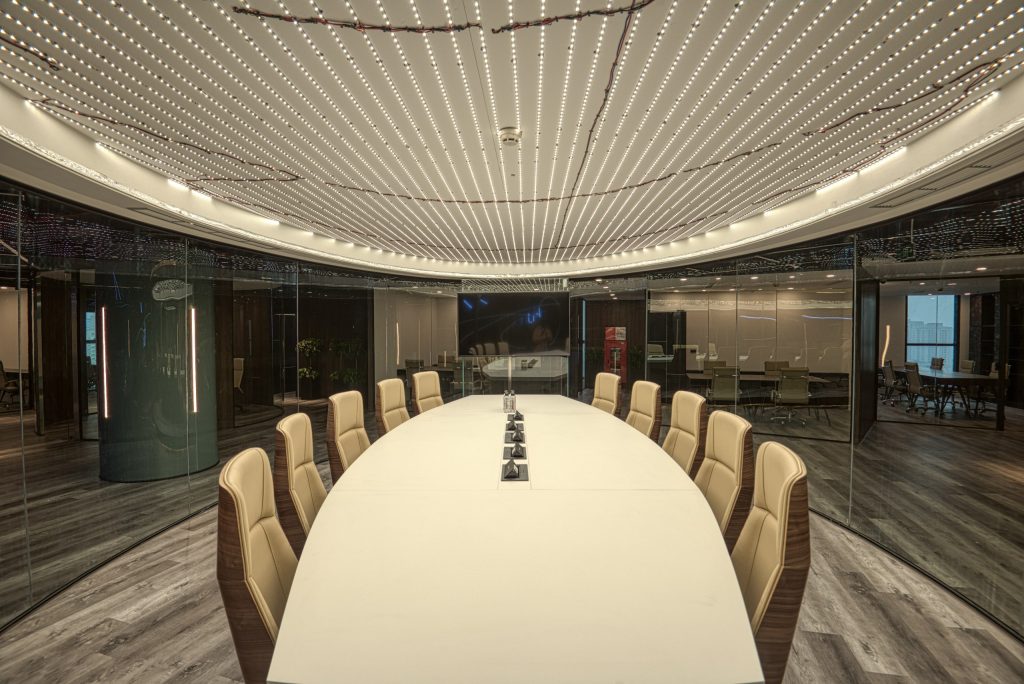
Equipment and Furniture Costs
Coworking Space: Coworking spaces generally provide professional-grade furniture and necessary equipment, such as desks, chairs, printers, and technology. This setup reduces initial investment costs and saves time on office setup.
Private Office: A private office requires you to invest in your own furniture and office equipment, from desks and chairs to printers, photocopiers, and other technology tools. The initial investment can be substantial, and you will need to maintain and repair these assets throughout the lease period.
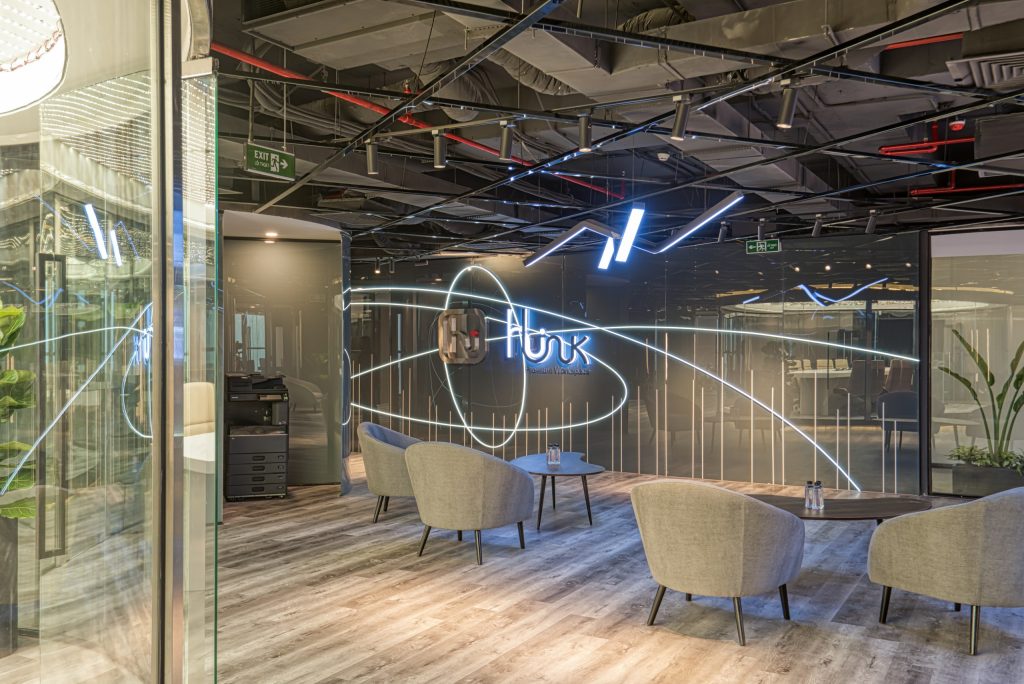
Operating Costs and Support Services
Coworking Space: A major advantage of coworking spaces is that rental fees often include operating costs and support services like reception, IT support, and amenities. This setup saves time and effort for users.
Private Office: In a private office, you must cover extra costs for support services and management, such as hiring receptionists and maintaining equipment, which can quickly add up and become a financial burden.
Flexibility and Expansion
Coworking Space: Coworking spaces offer high flexibility, allowing you to adjust the scale or location of your workspace according to your needs. This is an ideal option for small businesses or startups that require the ability to scale up or down rapidly without being tied to long-term lease agreements.
Private Office: Private offices generally offer less flexibility in terms of scaling or relocating. Expanding or downsizing your workspace may require changes to lease agreements, investment in new furniture, and adjustments to support services, which can incur additional costs.

Features and Amenities
Coworking Space: Coworking spaces typically offer a range of amenities and features, including shared workspaces, meeting rooms, lounge areas, coffee bars, and various community activities, creating a stimulating work environment and foster connections among businesses and individuals.
Private Office: Private offices may not provide as many additional amenities and features as coworking spaces, especially if these are not included in the lease agreement. This can diminish the work experience and lead to extra costs for maintaining necessary amenities.

Conclusion
Choosing between a coworking space and a private office depends on your needs and budget. Coworking spaces offer flexibility and lower initial costs, while private offices provide more control and personal space at higher fixed costs. Analyzing these factors will help you choose the right solution for your workspace.
Website: www.hilink.vn
Hotline: (+84) 24 2202 9000

